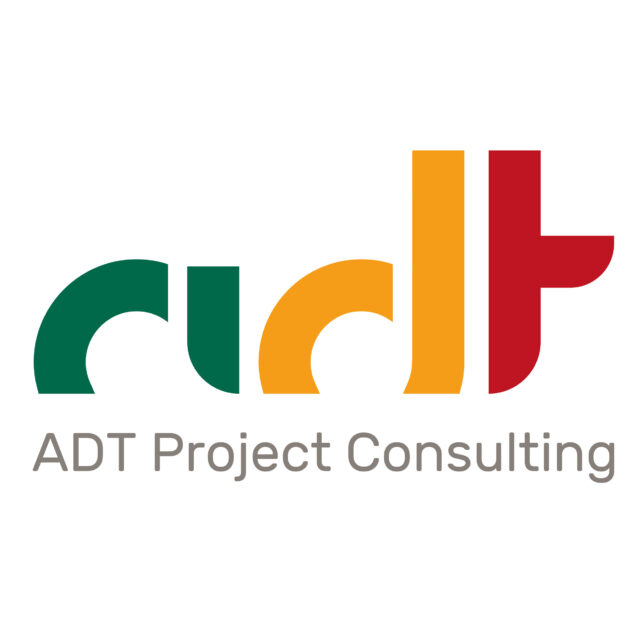
ADT Project Consulting GmbH
Contact Person: Birgit Maier-Stein | Birgit.maier-stein@adt.de | +4915128884947
ADT Project Consulting is conducting the ‘German-Ukrainian Expert Dialogue on the Sustainable Development of the Fruit and Vegetable Sector in Vinnytsia’ (D...
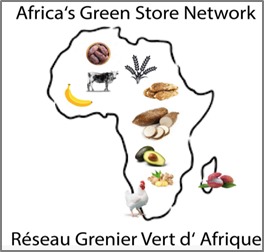
African Green Store Network
Contact Person: Jean Pierre Sayouba Djiela | jpsayouba@yahoo.fr | +237699 93 54 42
African Green Store Network (AGSN) plans to show posters, films, and materials from members’ work to reach a wider audience, inspire each other about trai...

Agrarsysteme der Zukunft
Contact Person: Rebecca Klopsch | klopsch@igzev.de | +493370178162
In “Agricultural Systems of the Future”, six inter- and transdisciplinary consortia are researching innovative approaches to pave the way for the transforma...
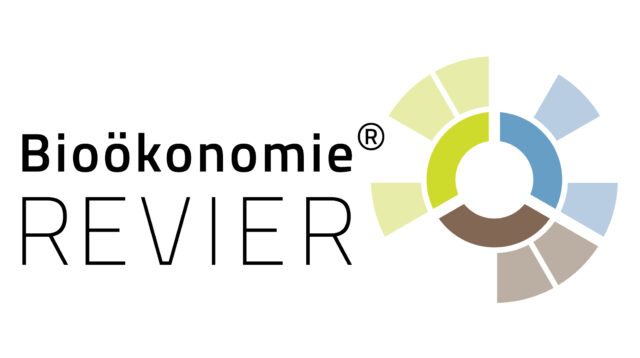
BioökonomieREVIER c/o Forschungszentrum Jülich
Contact Person: Christian Klar | c.klar@fz-juelich.de | +492461-61 4230
BioökonomieREVIER is a structural change initiative that establishes the Rhineland Revier as a model region for sustainable bioeconomy. Since the decision to p...
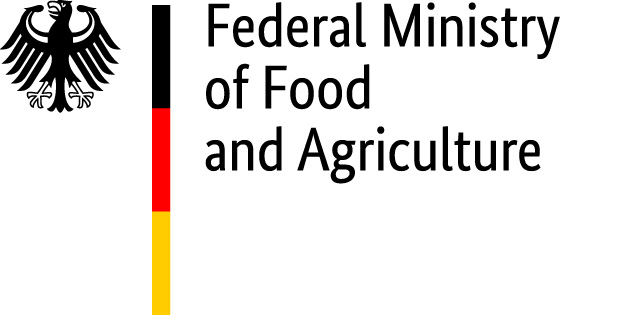
BMLEH
Contact Person: Thomas Schäfer | thomas.schaefer@bmel.bund.de | +49 228 99 4350
At the BMLEH booth, projects funded by the BMLEH under the Bilateral Cooperation Program, the Bilateral Trust Fund, and international research projects will be ...
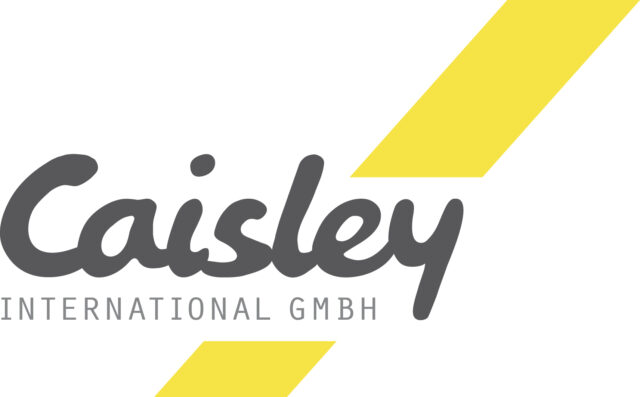
CAISLEY International GmbH
Contact Person: Britta Nehls | b.nehls@caisley.de | +492871-239390
CAISLEY’s products are suitable for a unique lifetime identification of livestock, ideally from birth to slaughter. In this way, they help to manage lives...

constellr GmbH
Contact Person: Tobias Menne | tobias.menne@constellr.com | +4915117896708
We intend to showcase during GFFA that a sustainable bio-economy thrives from data, which documents the sustainability of biomass production and subsequently in...
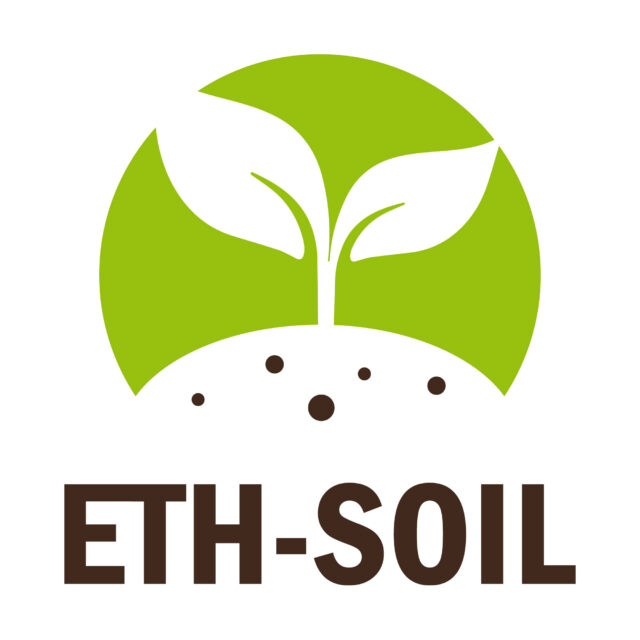
DBFZ Deutsches Biomasseforschungszentrum gemeinnützige GmbH
With the slogan “Bio-Power for Healthy Soils”, the ETH Soil project aims to make small-scale agriculture in Ethiopia climate-friendly and more resil...
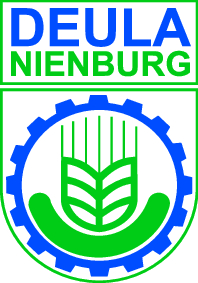
DEULA-Nienburg
DEULA-Nienburg is committed to strengthening innovation in the agricultural sector through targeted educational initiatives and expanding communication within t...
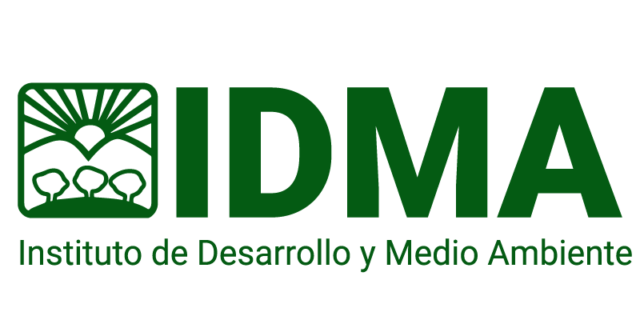
Development and Environment Institute (IDMA)
AGROECOLOGY THROUGH PARTICIPATORY GUARANTEE SYSTEMS: AN INSTRUMENT FOR BIOECONOMY, MARKET ACCESS AND HEALTHY DIETS Agroecology plays a crucial role in driving a...

Food and Agriculture Organization of the United Nations (FAO)
Contact Person: Lev Neretin | lev.neretin@fao.org
The FAO Stand will showcase concrete examples of bioeconomy innovations that harness sustainable use of biological resources to empower developing countries to ...
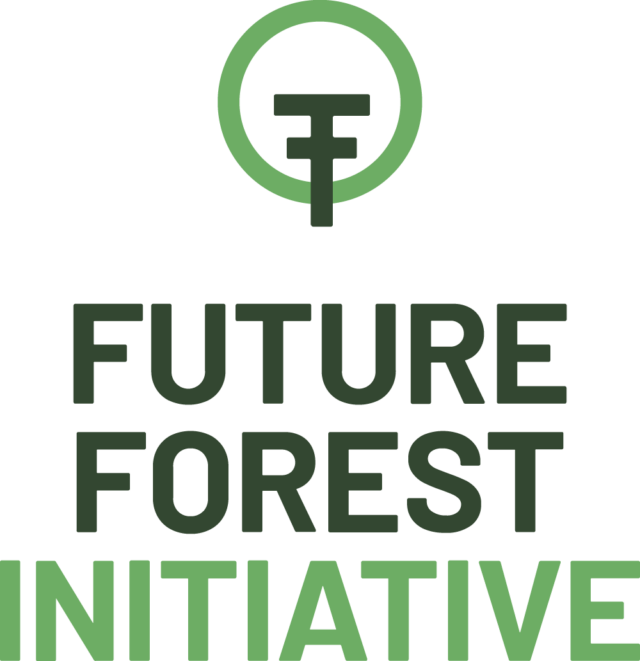
Future Forest Initiative
The agricultural sector is not only a producer of food and animal feed, but also plays an important role as a producer of a variety of bio-based raw materials f...
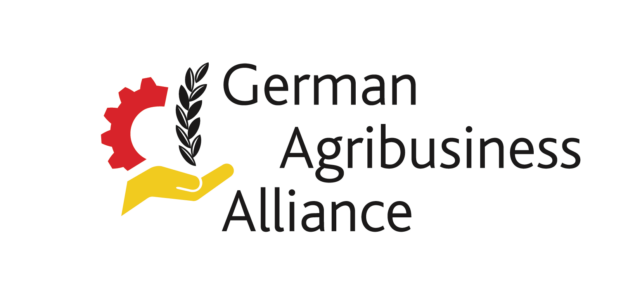
German Agribusiness Alliance (GAA)
Contact Person: Alina Gumpert | a.gumpert@apa.bdi.eu | +491707961065
Projects will be presented by the companies GRIMME, Peterson/Control Union, BASF, AgSet „Making measurable impact in your agri-food supply chain” Peterson S...
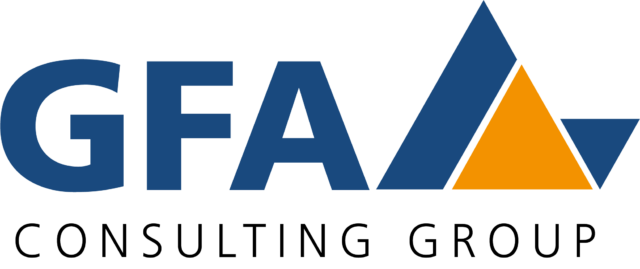
GFA Consulting Group GmbH
Contact Person: Judith Lauzemis | judith.lauzemis@gfa-group.de
GFA Consulting Group implements projects worldwide in the field of agroecology, promoting sustainable biomass production and resolving conflicting goals. In Afr...
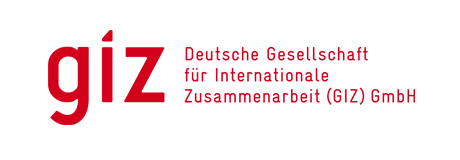
GIZ
Bioeconomy is considered a sustainable economic activity based on biogenic raw materials (plants, animals, microorganisms) and the associated knowledge. Therefo...

GOPA AFC GmbH
Contact Person: Johannes Buschmeier | info@gopa-afc.de | +4922892394000
The ‘Zambian-German Agricultural Knowledge and Training Centre’ (AKTC), a BMEL BKP project, began its work in 2014 and has been continuously developing ever...
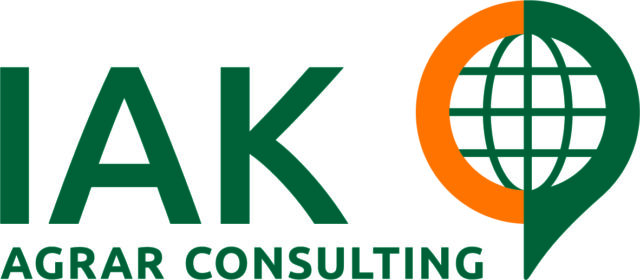
IAK Agrar Consulting GmbH
Contact Person: Michael Bödecker | m.boedecker@iakleipzig.de | +491743390694
In the German-Uruguayan Dialogue on Agriculture (DAUA) implemented by IAK, Component 1 (Micro2Health) is researching the positive potential of the soil microbio...
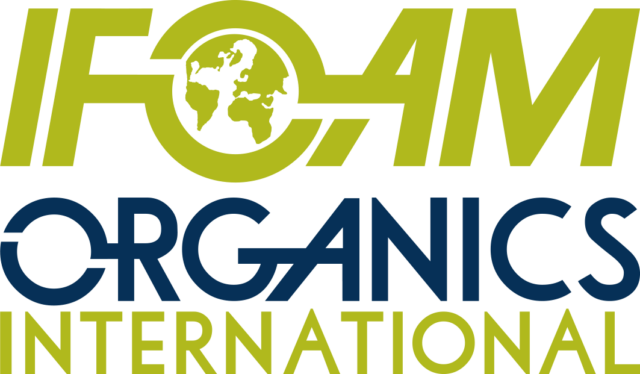
IFOAM – Organics International
Contact Person: Gábor Figeczky | g.figeczky@ifoam.bio
Kauswagan’s shift to organic agriculture and the ‘From Arms to Farms’ program, transforming former conflict zones into thriving farming communities, r...

Infinite Roots (Mushlabs GmbH)
Contact Person: Victor Basuki | victor@infiniteroots.com | +491743882987
By harnessing the natural efficiency of mycelium fermentation, we employ advanced biotechnology to create singular foods with minimal environmental impact. This...
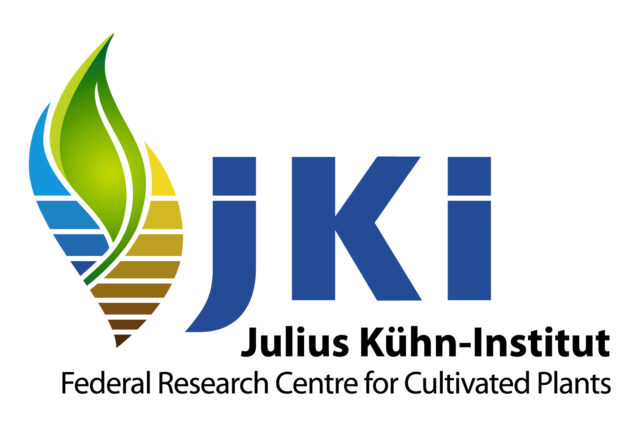
Julius Kühn-Institut (JKI) – Bundesforschungsinstitut für Kulturpflanzen
Contact Person: Doreen Babin | doreen.babin@julius-kuehn.de | +493946476160
In the German-Uruguayan Dialogue on Agriculture (DAUA) implemented by IAK, Component 1 (Micro2Health) is researching the positive potential of the soil microbio...
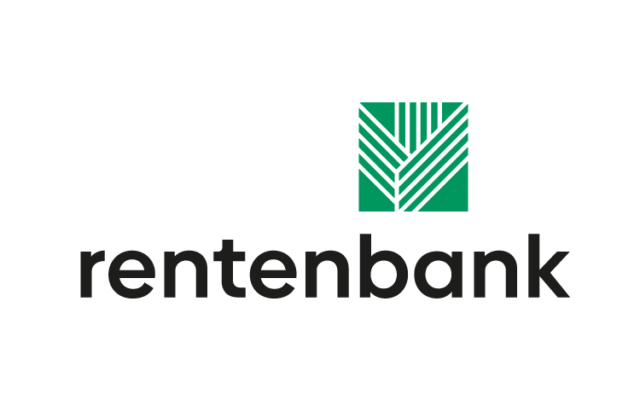
Landwirtschaftliche Rentenbank
Agriculture is not only a producer of food and feed but also plays a significant role as a producer of a variety of bio-based raw materials for industrial proce...
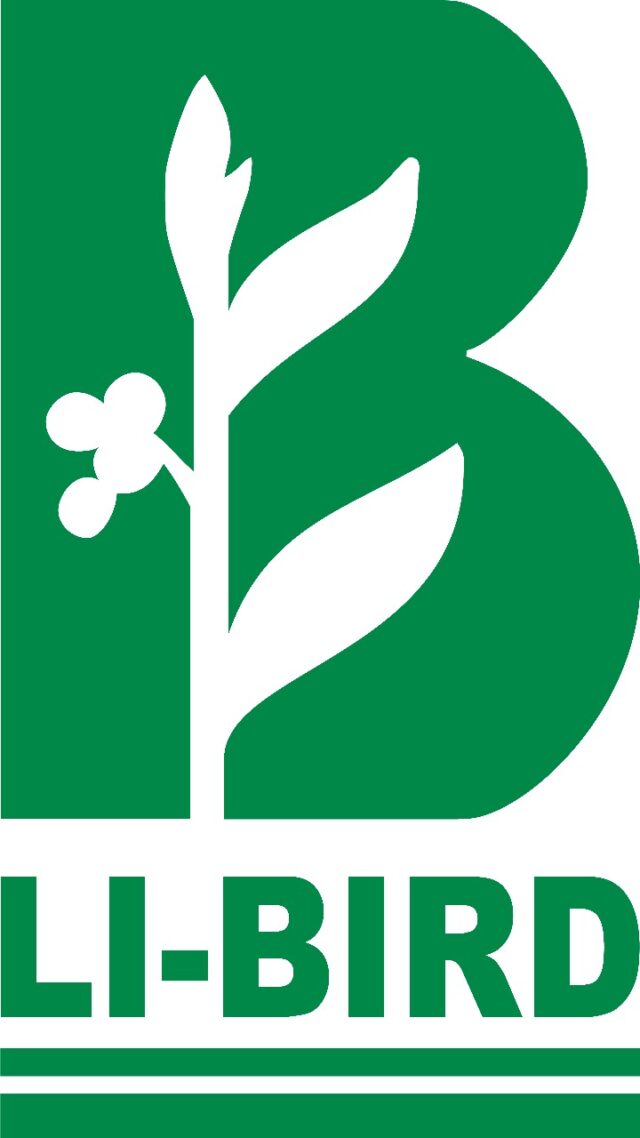
Local Initiatives for Biodiversity, Research and Development (LI-BIRD)
Since 2023, LI-BIRD is an implementing organisation of the Himalayan Agroecology Initiative(see also here), a strategic endeavour that develops, builds capaci...
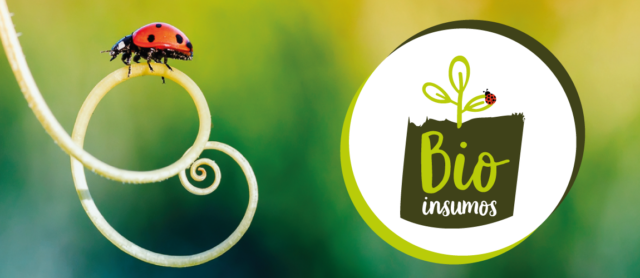
Ministry of Agriculture and Livestock of Brazil
Contact Person: Eduardo Sampaio Marques | eduardo.sampaio@agro.gov.br | +49 15236843503
The project aims to implement strategies to develop and expand bio-inputs associated with biological nitrogen fixation and phosphorus and potassium solubilizati...

RIELA Karl-Heinz Knoop e. K.
To ensure food security, the first priority is to avoid the enormous post-harvest losses. Without sensible and technically optimised processing of the harvested...
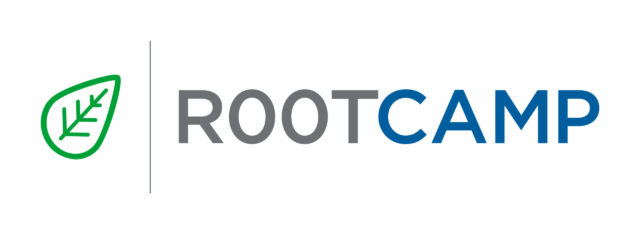
RootCamp GmbH
The agricultural sector is not only a producer of food and feed, but also plays a significant role as a producer of a wide variety of bio-based raw materials fo...
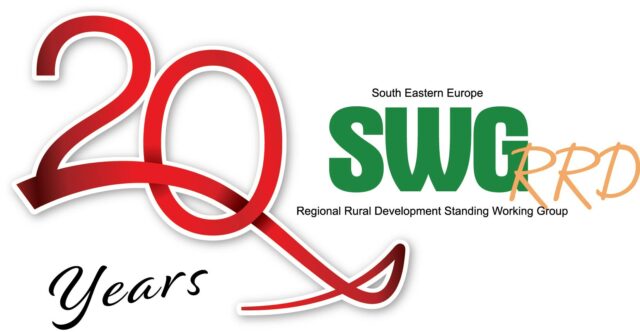
Regional Rural Development Standing Working Group (SWG) in Southeastern Europe
What is the SWG? The “SWG” stands for Regional Rural Development Standing Working Group in South Eastern Europe. It is an International Intergovernmental Or...
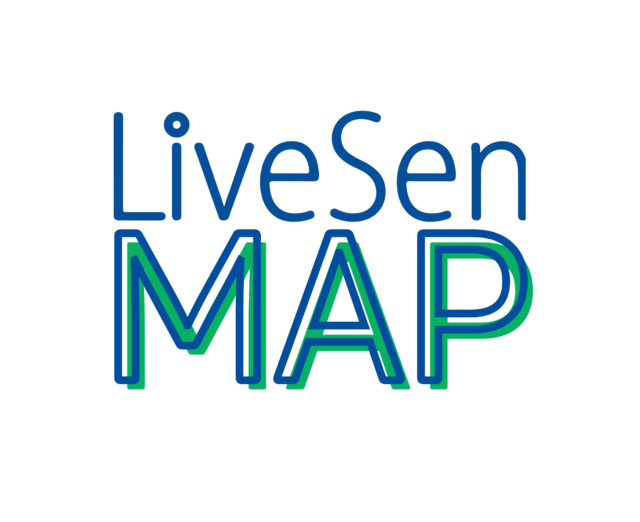
TU München
Contact Person: Tobias Vöpel | tobias.voepel@tum.de | +49 9421187415
We look for innovative farmers to test an innovative nitrate biosensor in winter wheat! | Farmers face the challenge of providing crops with the right nutrients...
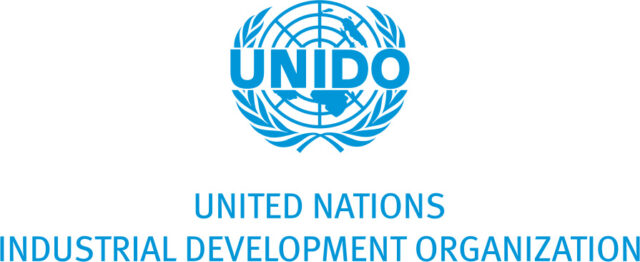
United Nations Industrial Development Organization (UNIDO)
Contact Person: Niels Schulz | n.schulz@unido.org | +431260263597
The United Nations Industrial Development Organization (UNIDO) assists countries to join and benefit in the transition towards a regenerative circular bioeconom...
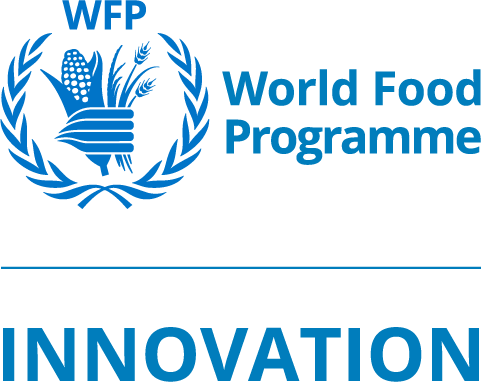
United Nations World Food Programme - WFP Innovation Accelerator
Contact Person: Sebastian Meyer | sebastian.meyer@wfp.org
Rebug2Debug (Rwanda) – Turning organic food waste into bio fertilizer and proteinaceous animal feed Around 30 percent of global food is wasted annually, i...

Weihenstephan-Triesdorf University of Applied Sciences (HSWT)
The Weihenstephan-Triesdorf University of Applied Sciences (HSWT) is introducing an innovative approach to international education and training with its project...

WIWEX GmbH
Contact Person: Jan Hansen | jan.hansen@wiwex.net | +491636130630
WIWEX GmbH, Humboldt-Universität zu Berlin, Universidad de La Habana and its foundation are co-founders of InCuba, Cuba’s first academic incubator for in...


